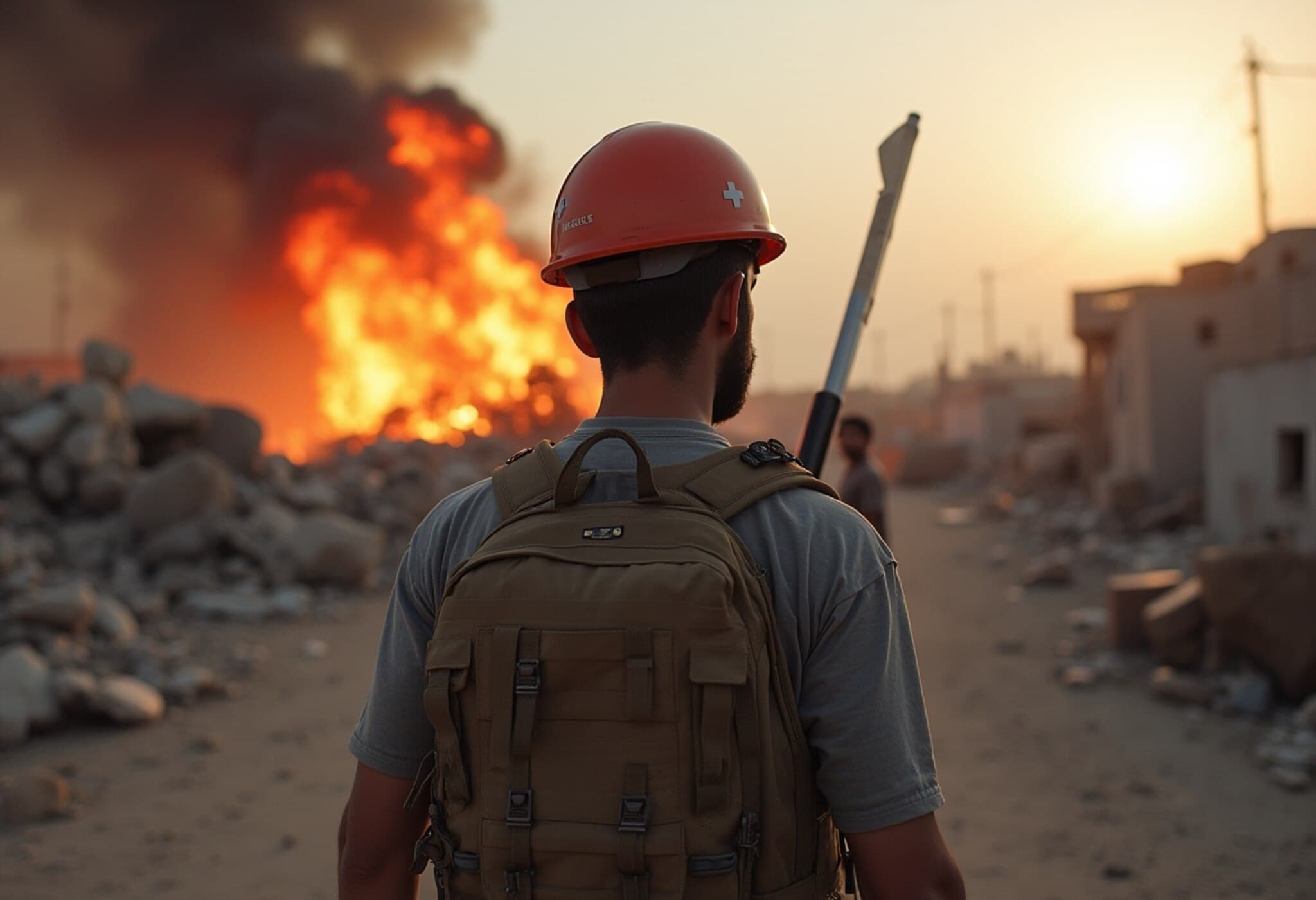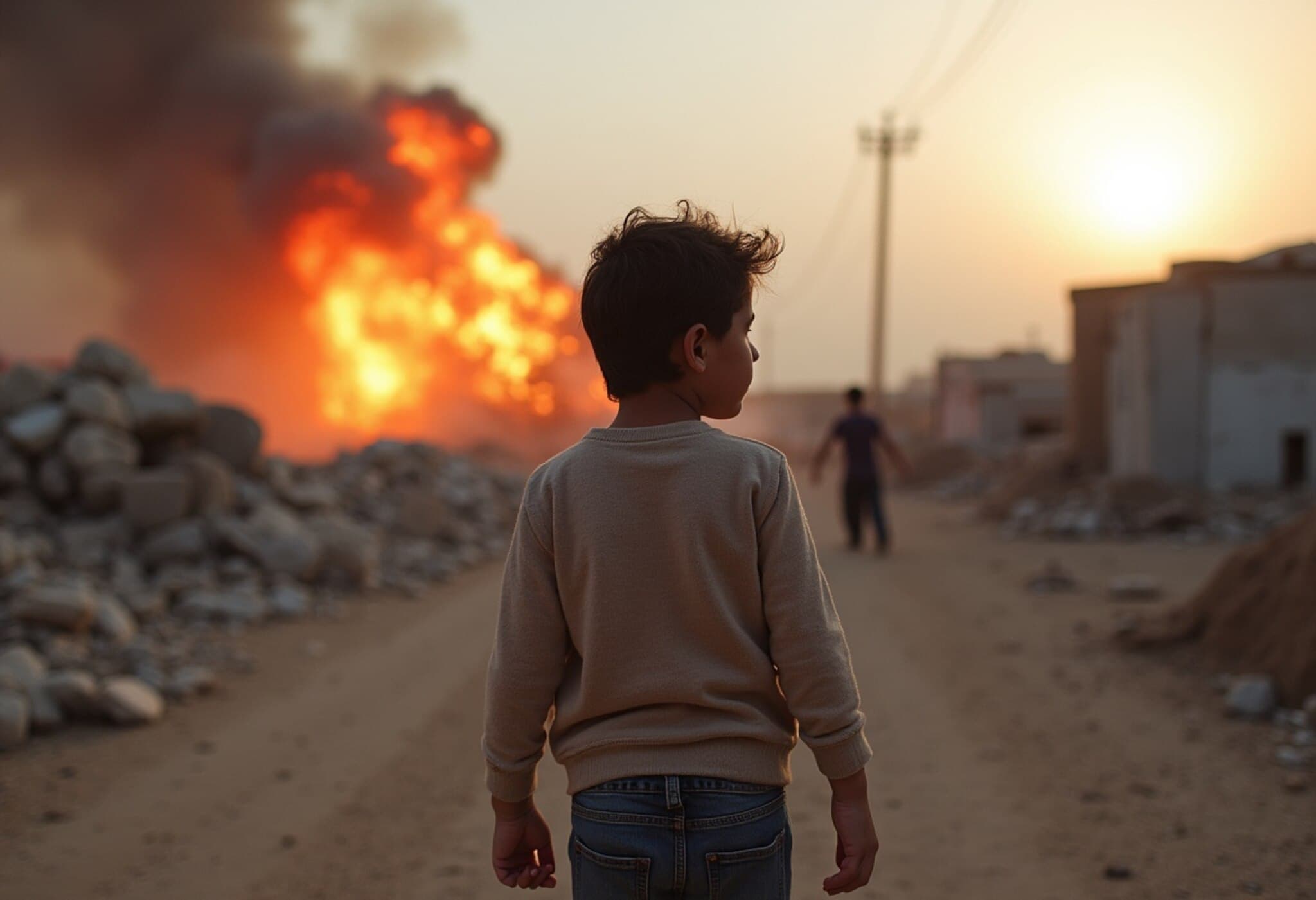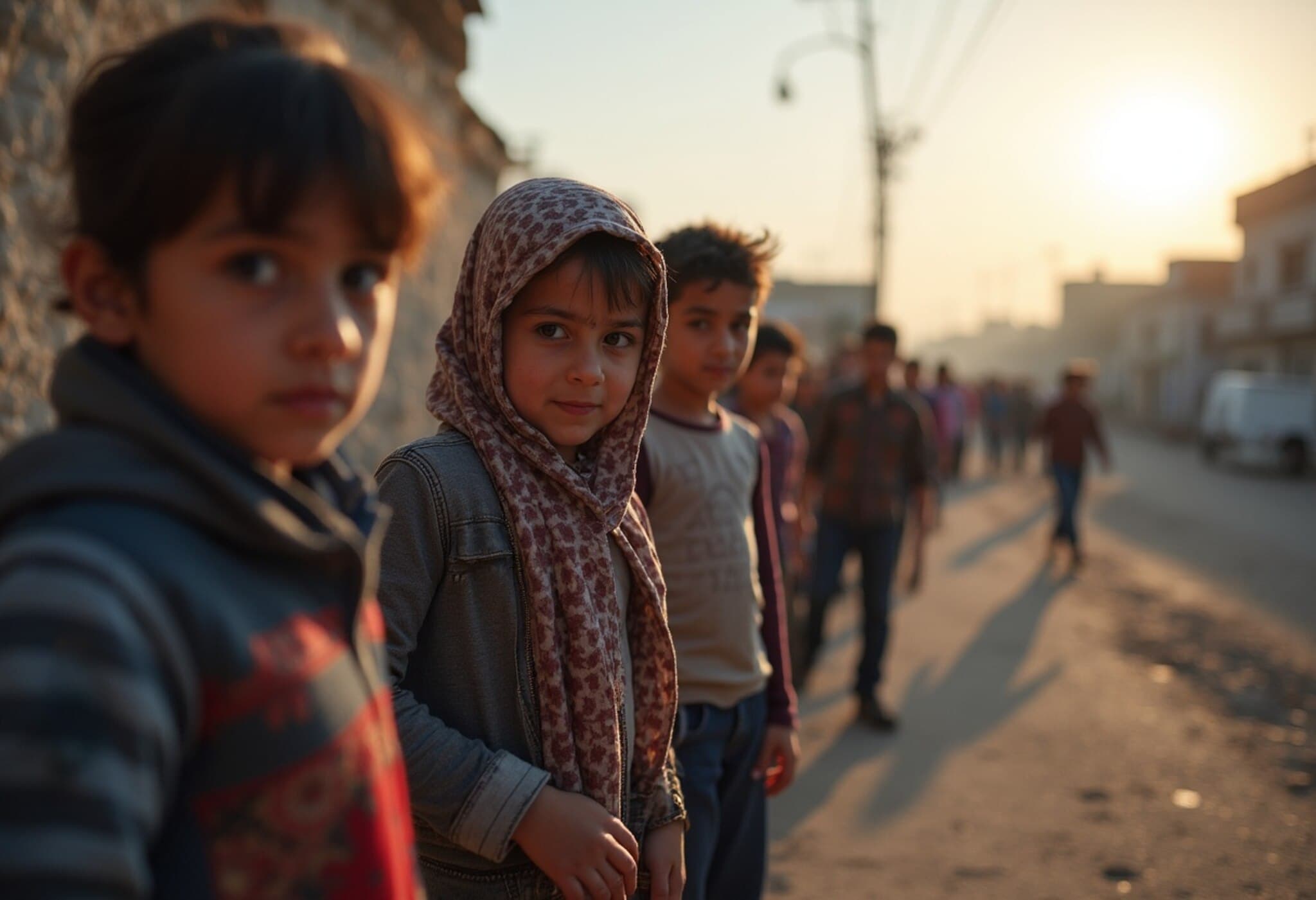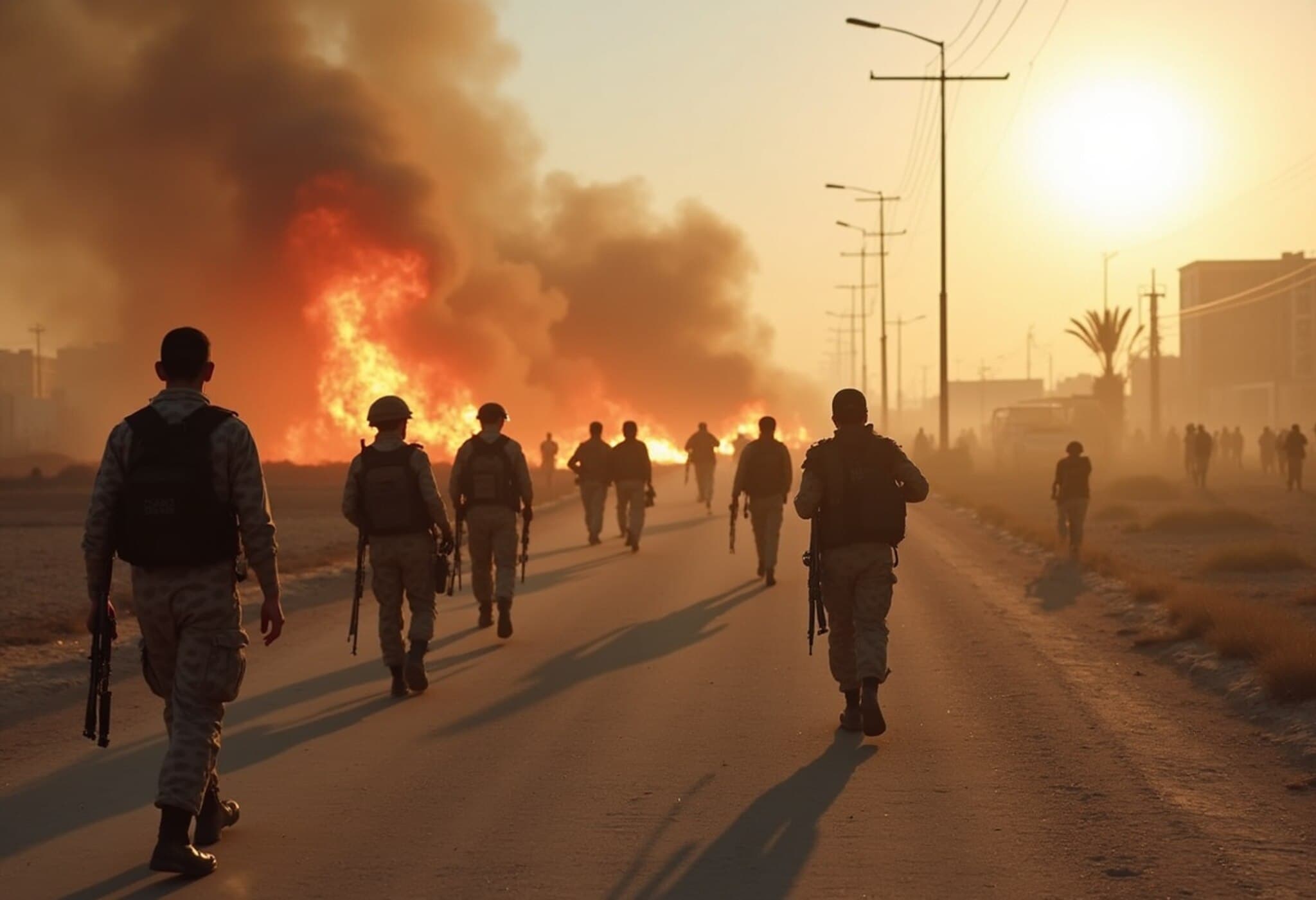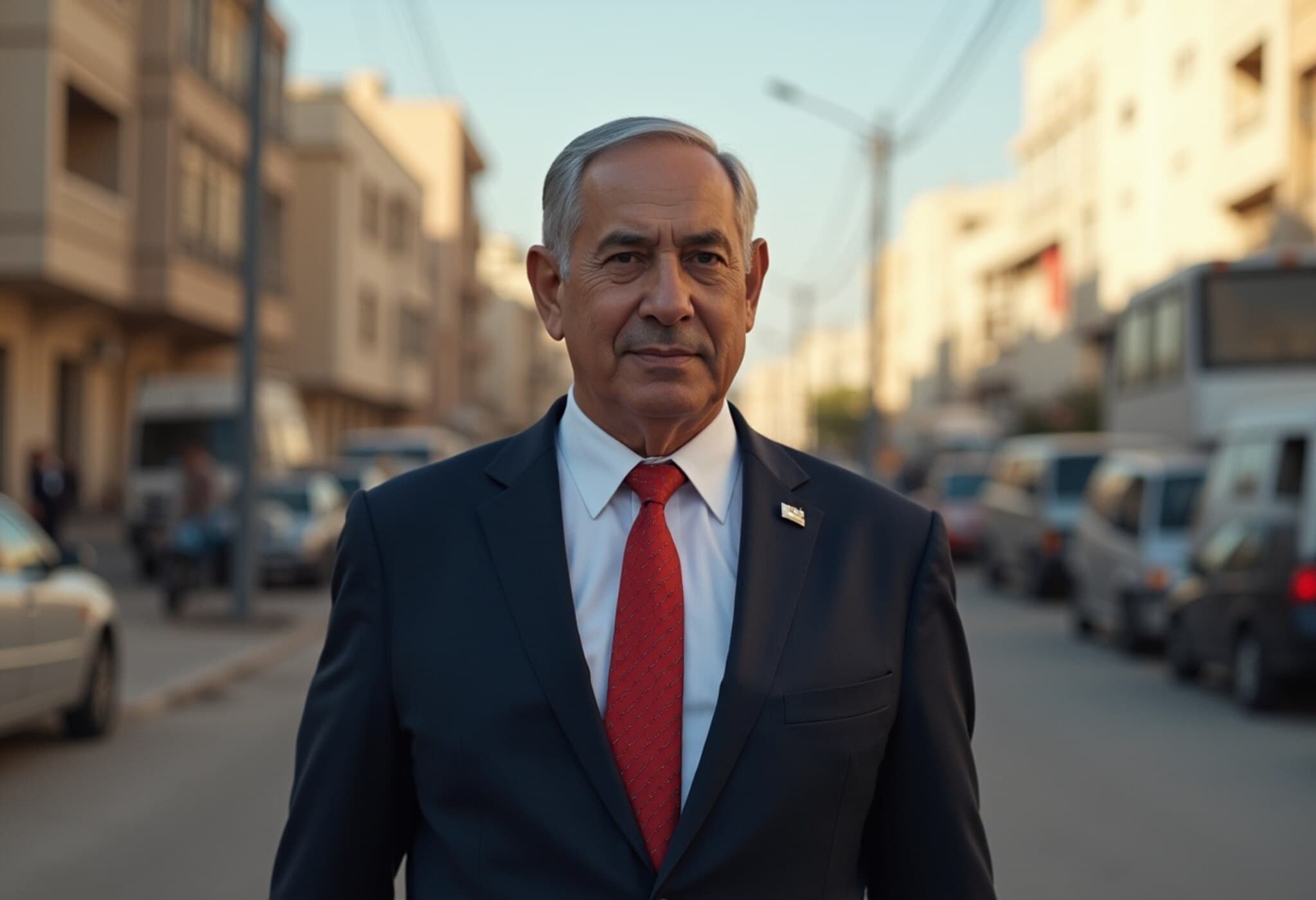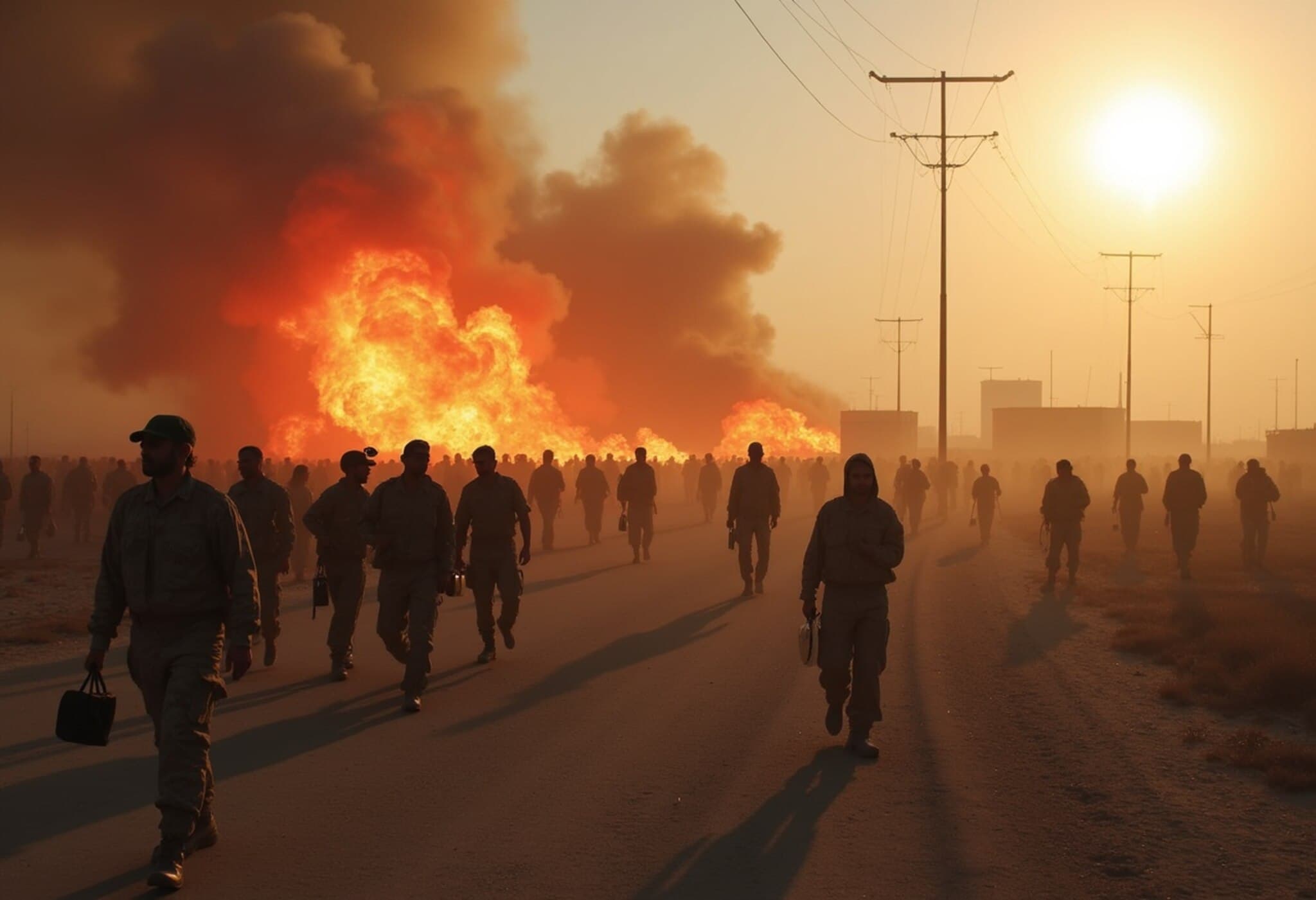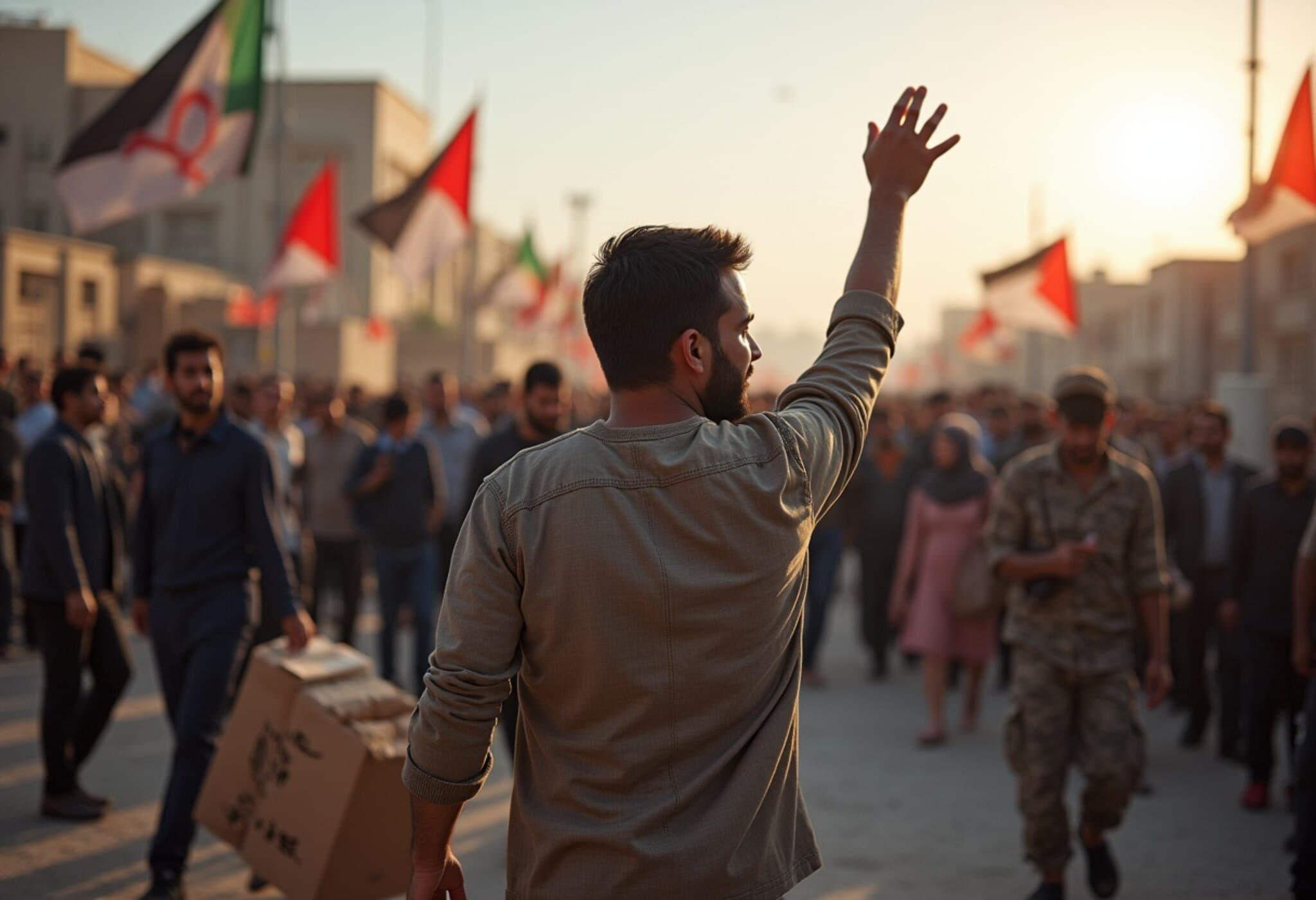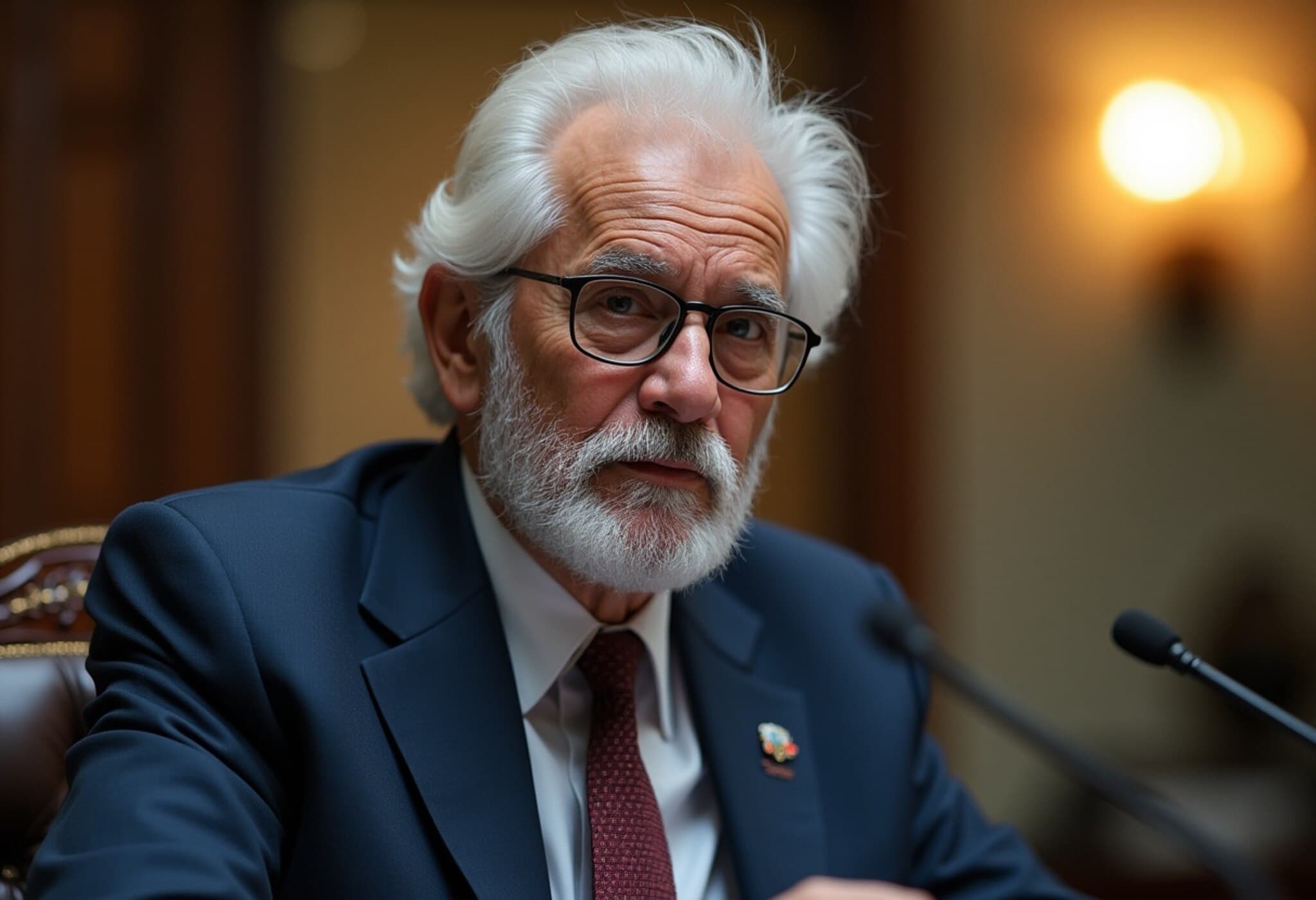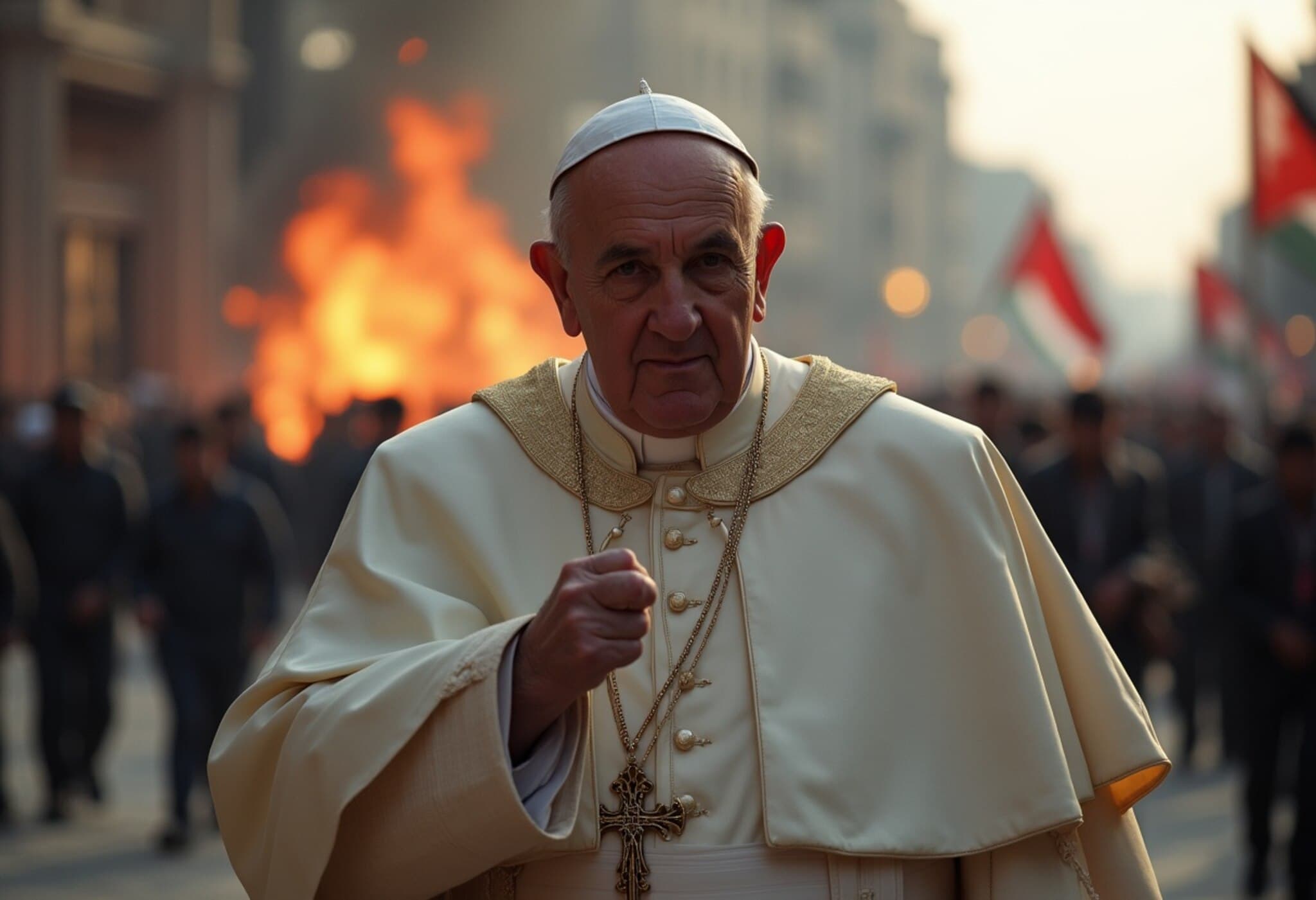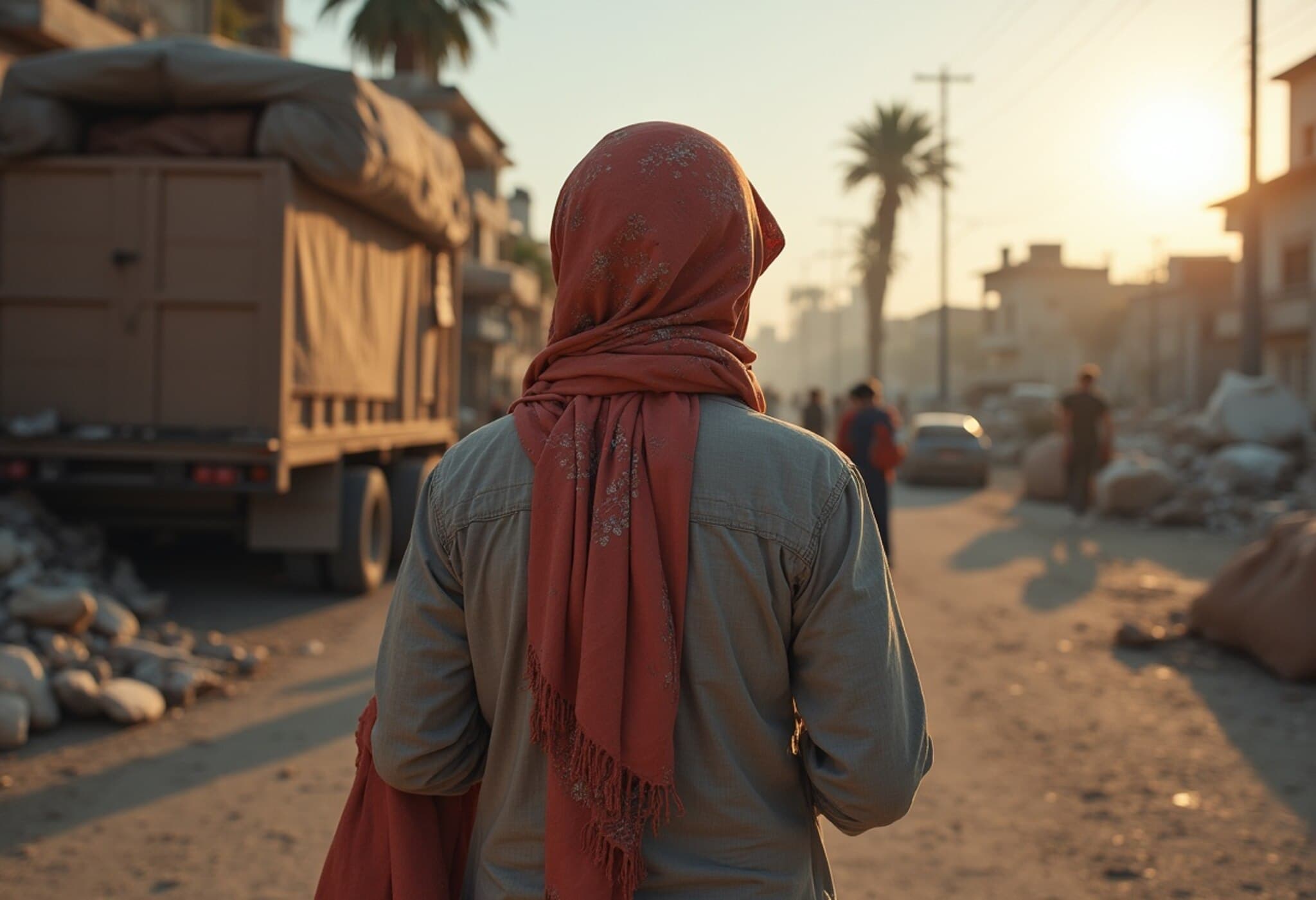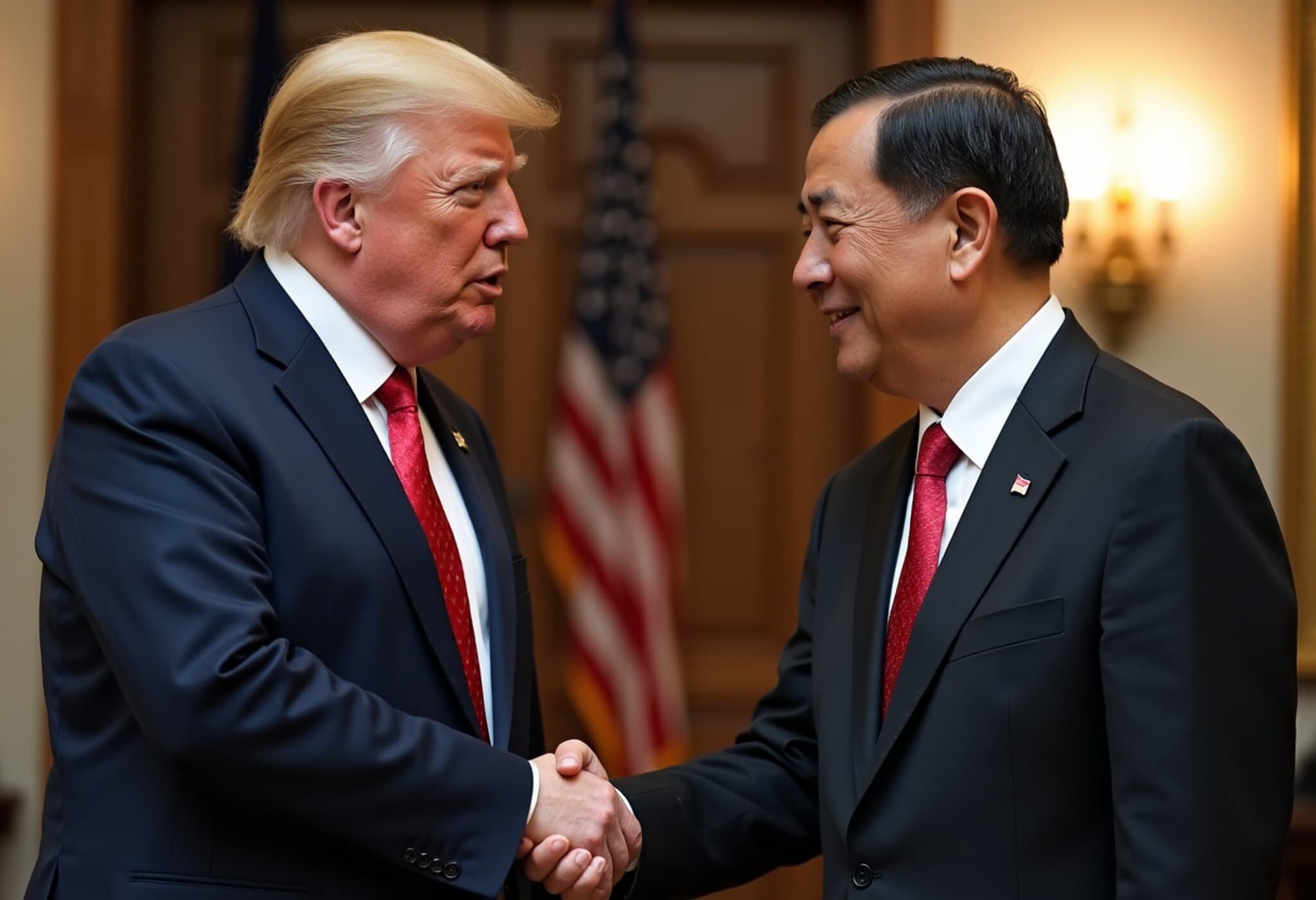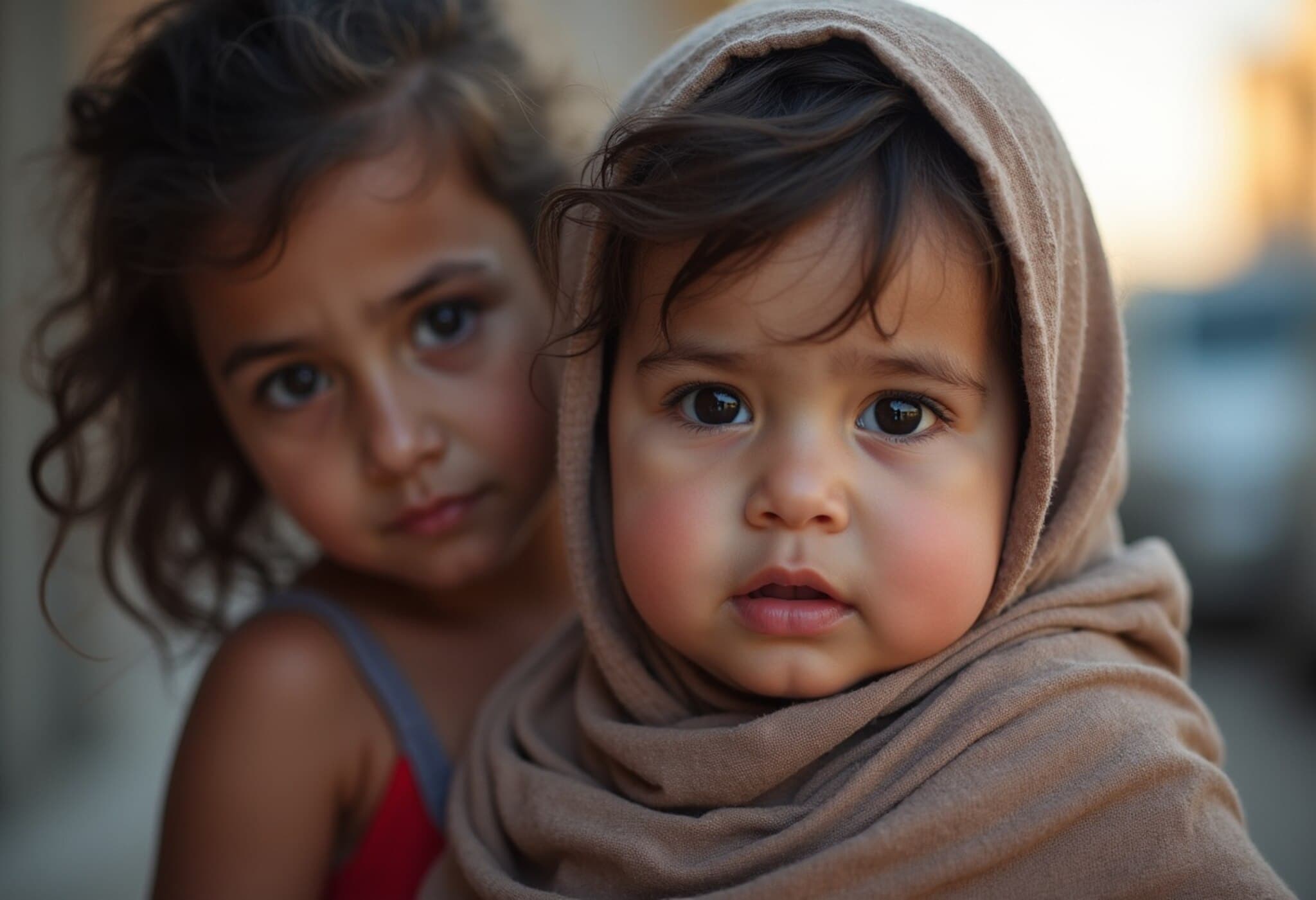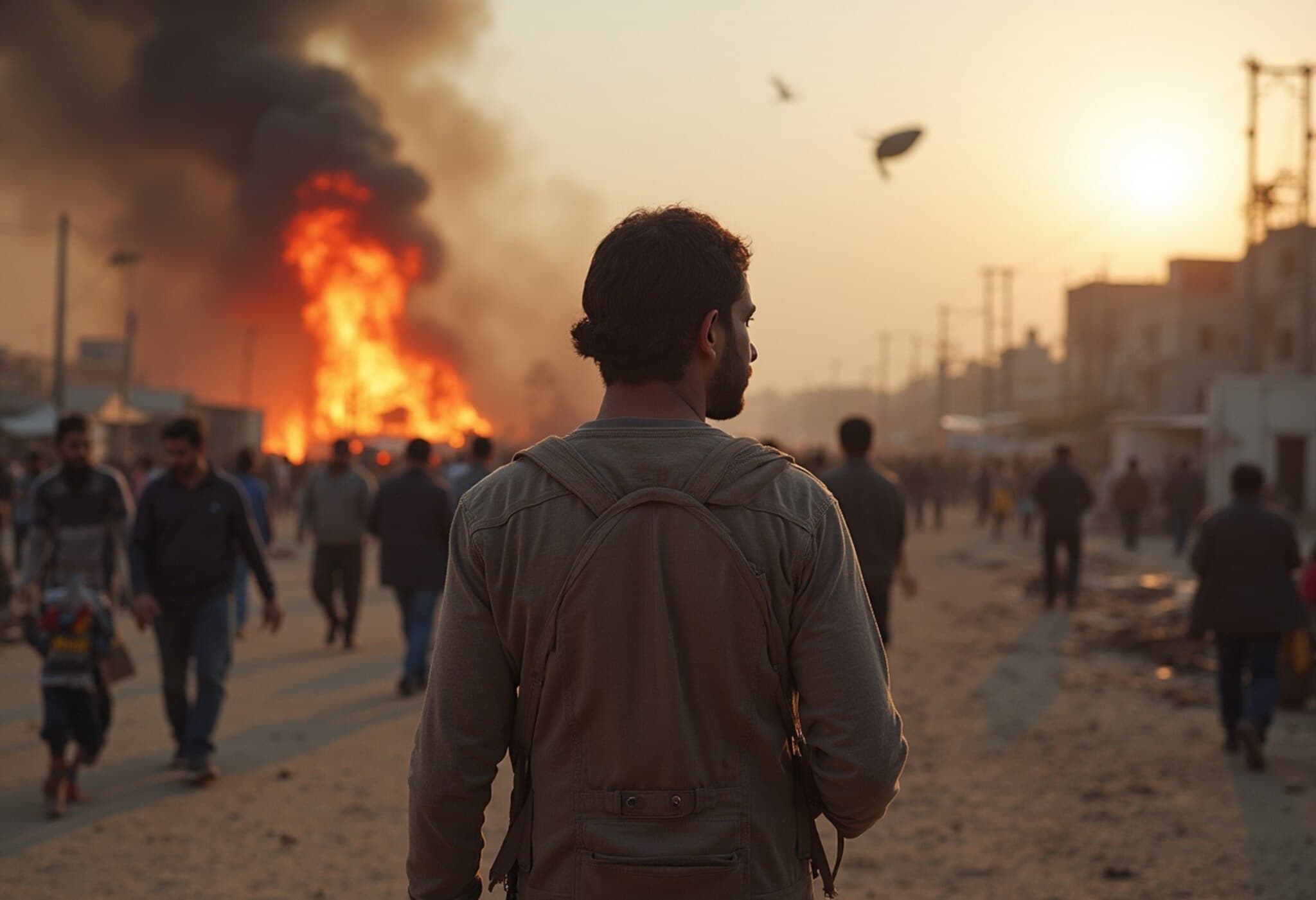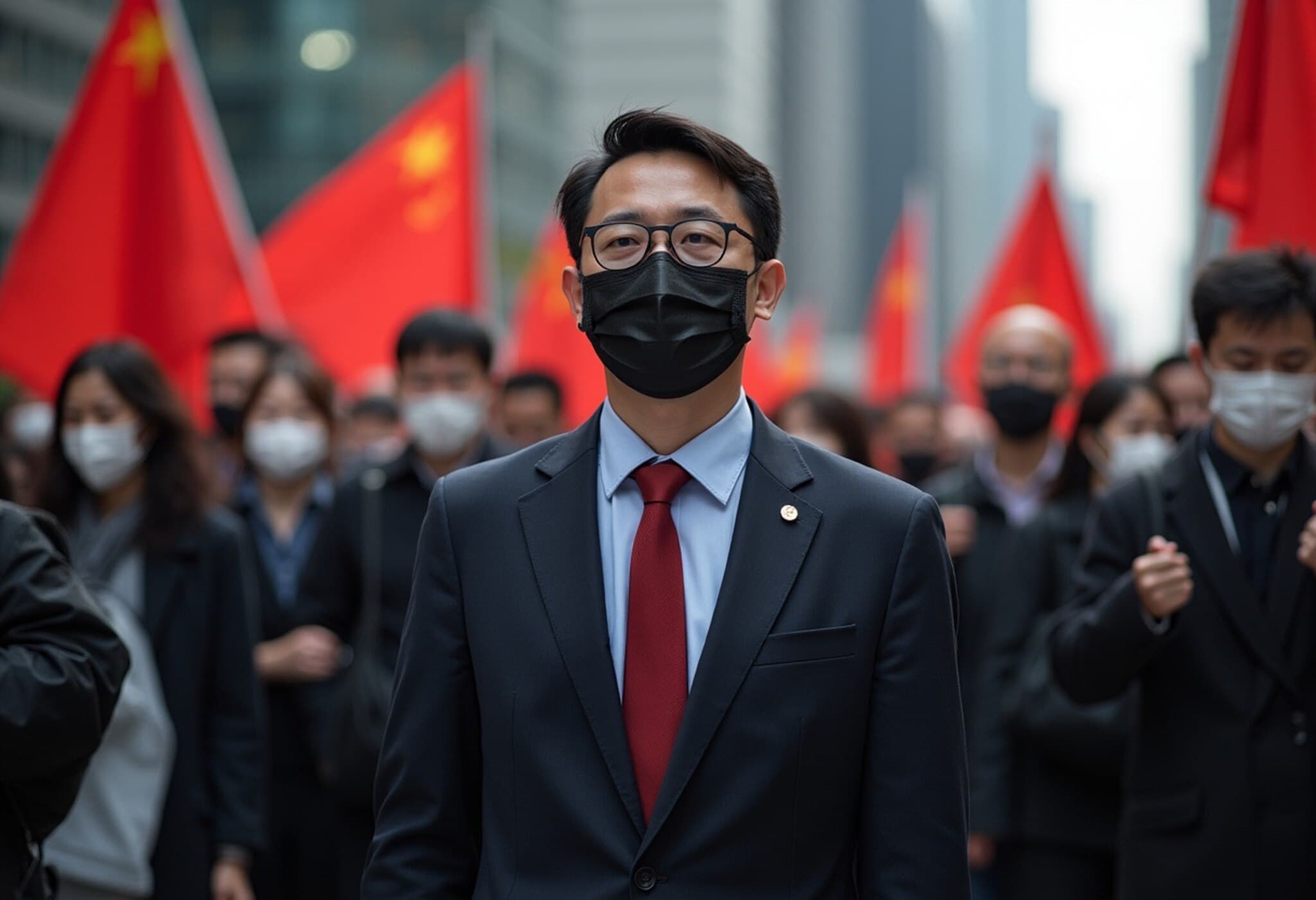Western Nations Urge Immediate Halt to Violence in Gaza Amid Rising Civilian Deaths
In a powerful display of international concern, 25 Western countries including the United Kingdom, France, and Canada issued a joint statement on July 21, 2025, sharply criticizing Israel for what they described as the "inhumane killing" of Palestinians in Gaza. The statement highlighted the tragic loss of over 800 civilians, many of whom were reportedly killed while seeking vital humanitarian aid.
Criticism of 'Drip Feeding' Aid to Gaza
The coalition of countries condemned Israel's approach to aid delivery as "drip feeding," arguing that the limited and controlled distribution of food and supplies is exacerbating the humanitarian crisis. They pointed specifically to the vicinity of Gaza Humanitarian Foundation (GHF) sites, where many of these civilian casualties occurred.
The GHF, supported by the United States and Israel, operates a new aid distribution model that partly supplants UN-led efforts, which Israel accuses of being compromised by Hamas militants allegedly diverting supplies intended for civilians. Hamas strongly denies these allegations. Meanwhile, the United Nations has expressed concern over the GHF's operations, citing potential breaches of humanitarian principles in their distribution methods.
Israel's Response and Context of the Conflict
Israel’s Foreign Ministry vehemently dismissed the joint statement, calling it "disconnected from reality" and worrying that it sends a harmful message to Hamas. The ministry emphasized that any responsibility must also be attributed to Hamas, the militant group governing Gaza, and accused them of perpetuating the crisis.
The conflict dates back to a devastating attack by Hamas militants on October 7, 2023, which claimed the lives of 1,200 Israelis and resulted in 251 hostages being taken to Gaza. Since then, Israel’s military operations in the Gaza Strip have left much of the territory devastated, with Palestinian health authorities reporting more than 59,000 Palestinian deaths over a period exceeding 21 months.
International Calls for Compliance with Humanitarian Law
The joint statement implored Israel to adhere to its obligations under international humanitarian law by lifting restrictions on aid and allowing humanitarian organizations, including the United Nations, to operate safely and effectively within Gaza. The statement underscored the urgency of stopping civilian suffering, stating:
"The Israeli government’s aid delivery model is dangerous, fuels instability and deprives Gazans of human dignity. The suffering of civilians in Gaza has reached new depths."
Additionally, the signatory nations expressed their readiness to take further diplomatic or economic measures to support an immediate ceasefire and encourage a political dialogue aimed at securing lasting peace and security for both Israelis and Palestinians.
Expert Insights: The Humanitarian and Political Implications
From a policy perspective, the joint declaration signals a subtle but significant shift from traditional Western support narratives by emphasizing humanitarian concerns alongside security issues. While most of these countries remain allied with Israel, their unified public condemnation reflects growing alarm about the humanitarian toll and a widening recognition that prolonged conflict undermines regional stability.
The controversy over aid distribution mechanisms—between the UN and the GHF—highlights the complexities in balancing effective humanitarian relief and the risk of aid diversion in conflict zones. Expert analysts caution that bypassing established UN channels risks fragmenting aid delivery and potentially politicizing humanitarian assistance, which may ultimately harm the very civilians it aims to protect.
Looking Ahead: Potential Ramifications
- Diplomatic pressure: The coalition's statement could pressure Israel to recalibrate its strategies under international scrutiny.
- Humanitarian access: Calls for unhindered aid delivery may influence future negotiations on ceasefire and relief operations.
- Conflict trajectory: The emphasis on ceasefire readiness suggests increasing international appetite for a political resolution amidst escalating loss of civilian life.
As the conflict grinds on, the painful reality for Gazan civilians continues to dominate headlines. The international community's willingness to question policies of key players in the conflict underscores growing frustration and concern regarding the prolonged crisis.
Editor’s Note
This joint condemnation by longstanding allies of Israel signifies a rare but crucial moment where humanitarian imperatives openly challenge security narratives. It invites reflection on how international law, diplomatic engagement, and humanitarian principles intersect in protracted conflicts. As this story evolves, key questions remain: How can aid be delivered effectively without fueling conflict? Can a consensus emerge on the path toward sustained peace in Gaza? And crucially, what role will global powers play in balancing security with humanity?

